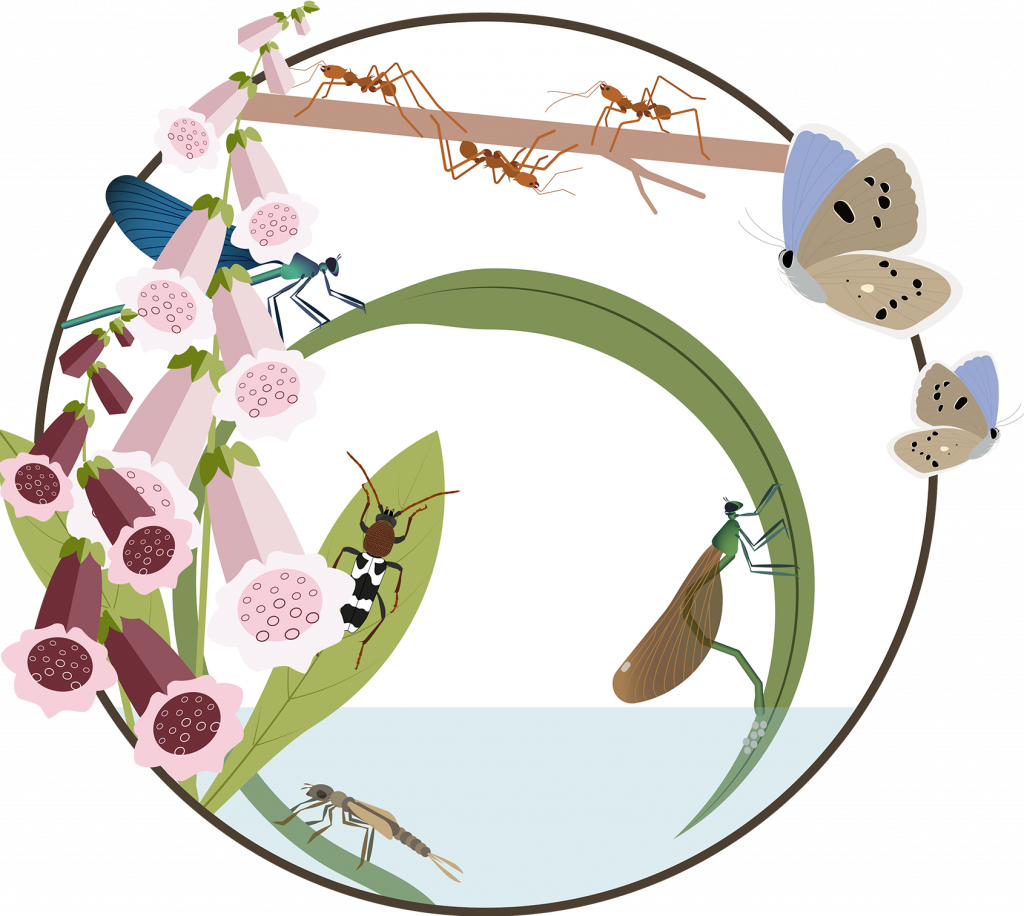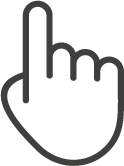
What do we do in the Biological Collections team?
We conserve collections from the past until the present day, and we share them with scientists and citizens.
When facing the scenario of loss of biodiversity, scientific collections play a fundamental role, as they are a primary source of information about natural heritage and its geographic distribution, both current and from the past. Scientific collections create the possibility to preserve species and prevent their complete disappearance.
From our collaborative workspace, we manage the Collections that belong to the University of Granada; we conserve, catalogue, and expand the collections, and we also highlight their value. In a sustainable manner, we facilitate the scientific use of specimens for research projects.
Aside from undertaking outreach activities, we also collect and publish data and images of the specimens on web platforms (by means of the virtual herbarium and the virtual biological collections ). In this manner, the information remains available to the scientific community and to society at large. This will help collections become a benchmark for the examination of the material from Sierra Nevada.

Biological collections are a source of information!
Find out everything that specimens provide for researchers.
Biological collections are a source of information!
Find out everything that specimens provide for researchers.
Descubre como la salud de los ríos empeora debido a la actividad humana.
Desde su nacimiento en la cabecera de los valles glaciares de Sierra Nevada, el estado de los ríos empeora debido a la actividad humana.
Gira tu dispositivo
What benefits does our work provide?
Keeping both past and current records allows us to forecast the evolution of species, and to follow coherent measures.
Thanks to the proper conservation and accessibility of the collections, we avoid repeated impacts on the biodiversity when samples for new studies must be taken.
On the other hand, our research brings knowledge from the past, which is the basis to generate predictive models that allow us to establish new measures that guarantee conservation, food safety and local trade.
Finally, thanks to the registries from the past we can show that we are facing a global change and use these data to generate predictive models which play a significant role in the making of optimal government decisions.

Data generated by the team
Learn more about the data we are generating- Digitalisation of Herbarium and Zoological Collections (University of Granada)
- Field collection of/in under-represented taxa/sites





